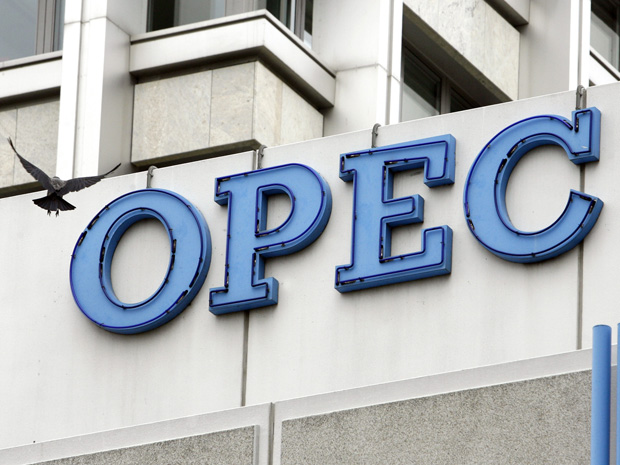Oil-producing nations will discuss an oil output freeze at OPEC’s meeting in June, a senior Saudi oil advisor said on Thursday, keeping open the prospect of action to boost prices despite the collapse of talks on a deal in Doha.
The deal, in the making since February, had helped oil prices to rise from a 12-year low reached in January. But it fell apart on Sunday in Doha after Saudi Arabia insisted Iran took part, raising fears in OPEC of a renewed price drop.
“Even though there was no agreement, the door for future cooperation remains open, and there sure will be further discussion at the next OPEC meeting in June,” Ibrahim al-Muhanna told an oil conference in Paris.
OPEC Secretary General Abdullah al-Badri, speaking at the same conference, said some ministers may bring up the production freeze issue in June, but that it was not on the OPEC secretariat’s agenda. The OPEC meeting is on June 2.
“Maybe the ministers will discuss it,” he told reporters.
Other OPEC officials are still trying to get a deal. Nigeria’s oil minister told Reuters he will hold talks with Saudi Arabia, Iran and other producers by May, hoping to reach an agreement in June.
Oil prices initially fell on Monday after the collapse of the Doha talks. But Brent crude LCOc1 has since risen, reaching a 2016 high of $46.18 a barrel on Thursday, on signs that a supply glut which has weighed on prices may be easing.
Even without a producer deal, both oil officials said there were signs of a stronger market.
“Doha or no Doha, we see that the market is turning,” Badri said. “Maybe demand will be more than supply, and we see that the market by 2017 will turn around and it will be positive.”
The Saudi advisor was confident that production may be declining under market forces.
“The total supply decrease may be as high as 1 million barrels a day in the second half of this year,” al-Muhanna said. “This decrease is expected to continue next year.”
Consumer countries should not rejoice about the current low oil price environment, which may increase instability and threaten the viability of key industries, he added.
“Low oil prices is a negative sum game, by that I mean everybody is losing,” he said.
–
Reuters





